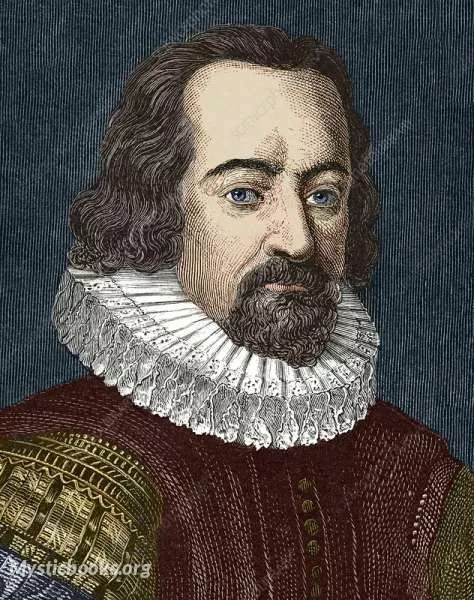
Timeline
Title
Country/Nationality
Francis Bacon
Francis Bacon, 1st Viscount St Alban, also known as Lord Verulam, was an English philosopher and statesman who served as Attorney General and as Lord Chancellor of England. His works are seen as developing the scientific method and remained influential through the scientific revolution.
Bacon has been called the father of empiricism. He argued for the possibility of scientific knowledge based only upon inductive reasoning and careful observation of events in nature. Most importantly, he argued science could be achieved by use of a sceptical and methodical approach whereby scientists aim to avoid misleading themselves. Although his most specific proposals about such a method, the Baconian method, did not have long-lasting influence, the general idea of the importance and possibility of a sceptical methodology makes Bacon the father of the scientific method. This method was a new rhetorical and theoretical framework for science, whose practical details are still central to debates on science and methodology.
Francis Bacon was a patron of libraries and developed a system for cataloguing books under three categories — history, poetry, and philosophy —which could further be divided into specific subjects and subheadings. Bacon was educated at Trinity College, Cambridge, where he rigorously followed the medieval curriculum, largely in Latin.
Bacon was the first recipient of the Queen's counsel designation, conferred in 1597 when Elizabeth I of England reserved him as her legal advisor. After the accession of James VI and I in 1603, Bacon was knighted, then created Baron Verulam in 1618 and Viscount St Alban in 1621.
He had no heirs and so both titles became extinct on his death in 1626 at the age of 65. He died of pneumonia, with one account by John Aubrey stating that he had contracted it while studying the effects of freezing on meat preservation. He is buried at St Michael's Church, St Albans, Hertfordshire.
Books by Francis Bacon
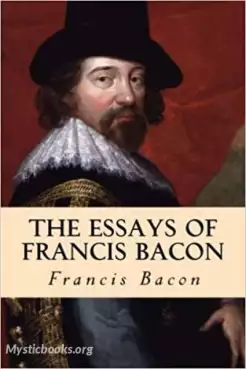
The Essays of Francis Bacon
Essayes: Religious Meditations. Places of Perswasion and Disswasion. Seene and Allowed (1597) was the first published book by the philosopher, statesman and jurist Francis Bacon. The Essays are written in a wide range of styles, from the plain and un...
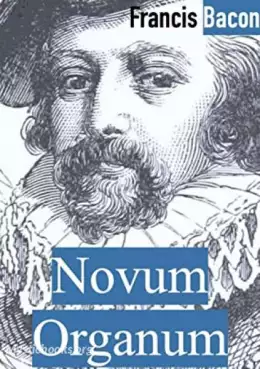
Novum Organum
The Novum Organum, fully Novum Organum, sive Indicia Vera de Interpretatione Naturae ("New organon, or true directions concerning the interpretation of nature") or Instaurationis Magnae, Pars II ("Part II of The Great Instauration"), is a philosophic...
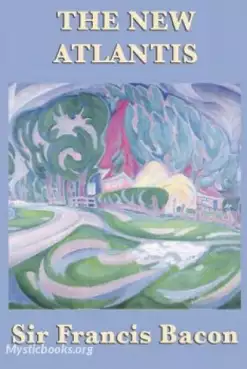
The New Atlantis
New Atlantis is an incomplete utopian novel by Sir Francis Bacon, published posthumously in 1626. It appeared unheralded and tucked into the back of a longer work of natural history, Sylva sylvarum (forest of materials). In New Atlantis, Bacon portra...
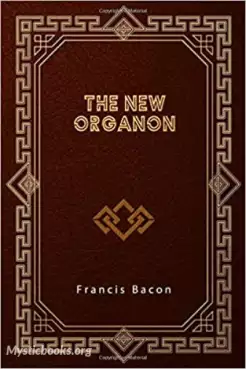
The New Organon
The Novum Organum is a philosophical work by Francis Bacon published in 1620. The title translates as "new instrument". This is a reference to Aristotle's work Organon, which was his treatise on logic and syllogism. In Novum Organum, Bacon details a...
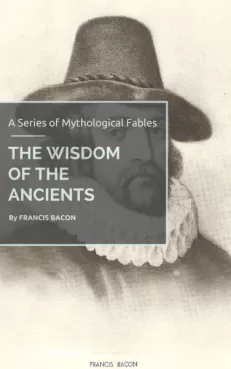
The Wisdom of the Ancients, A Series of Mythological Fables
What secrets lie hidden in the ancient myths and fables? Sir Francis Bacon's The Wisdom of the Ancients is a collection of essays that seek to unlock the hidden meanings and teachings of ancient Greek mythology. Bacon believed that these stories wer...